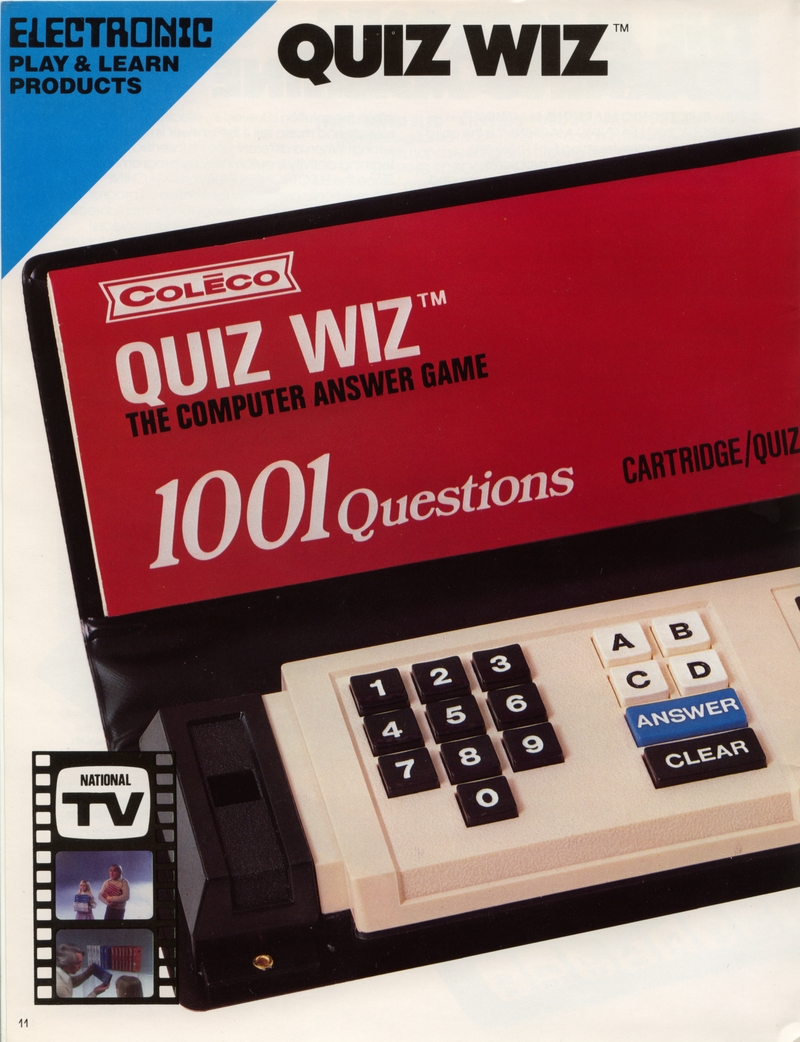I hate February. I don't know about you, but winter in Aveyron weighs upon me starting on about, I guess, February the 1st at 6:00 am. I suppose the only good thing about February is that it is blessedly short. But then it is followed by my second least favorite month, March, which happens to be terribly long.
Be that as it may, here we are, a week and a half away from the TOEIC. It should be nice to have this class all together in a large group; at least it will warm up the rooms!
For your lab work today, you will have a great deal of choice so do your best to use it well. There are four activities, three listening-centered, and plus an extra reading/visual activity to give you a break. You can do the activities in any order, and will report back to the class on a few things you heard or learned. Take some notes so you remember some vocabulary words, key expressions, and so that you can follow up by speaking to the class.
ACTIVITY ONE: Watching and listening to a news video
Choose a news video from VOA News. The stories with video news are marked with a TV screen. Try to choose a story of interest to you and don't worry if it's long -- "extensive listening" is good practice too.
ACTIVITY TWO: Do one or two theme-based business English listening activities
Listening to Business Spotlight podcasts can be a chance to brush up on a vocabulary theme you're not very familiar with. Many podcasts contain an exercise to do, and the answers are given at the end, directly in the audio. Try to identify if there is an exercise to do and what the task is.
The accents are authentic and a bit on the TOEICky side, IMO. Be careful because a few of the activities include German (it's a German site) but this should be indicated in the description.
There are 13 pages of podcasts, and even reading the descriptions is a good vocabulary activity.
TAKE A BREAK WITH AMERICAN HUMOR
In honor of any student who has ever been late turning in a report or other homework because of "printer problems." Of course the problem wasn't you -- it was the printer:
Why I Believe Printers Were Sent from Hell from The Oatmeal (no audio)
PART THREE
Go to the site Many Things. As the name implies, there are many things on this site, for example the 3,000 question Super Quiz Machine (don't worry, the quizzes are broken down in groups of 20) which can give some good practice for Part V of the TOEIC. Choose what you want to work on -- not necessarily audio.
PART FOUR
Try to find an interesting English audio or video yourself and share the link with me, either through a comment here or by email. This can be something you already know, or something you find in class today. I'll be looking forward to seeing what you come up with!
 Monday, November 22, 2010 at 7:23AM
Monday, November 22, 2010 at 7:23AM 



